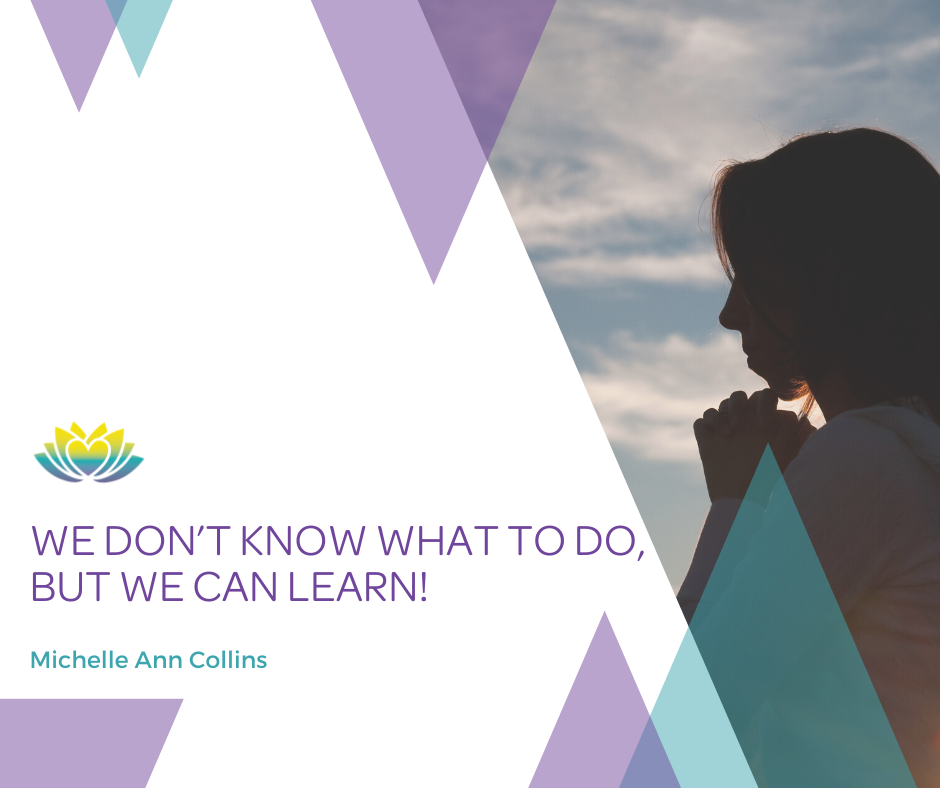Last week, December 13, 2022, our world lost a bright light. Stephen tWitch Boss, a beloved DJ on the Ellen Show, a gifted dancer, and a loving father and husband. During the dark days of COVID, watching tWitch and his family dancing on social media was a massive uplift for me. His megawatt smile and trendsetting dance moves lightened my darkest days. And when he danced with his wife, Allison Holker, possibly with a little one in the scene, it was heart-bursting love.
I rarely seek out anyone on social media I don’t know personally and follow only a few influencers, but tWitch and Allison were my refuge and joy. I was devastated when I saw last week that, at 40 years old, tWitch had ended his life. I am so sad to have lost a bright light in my life that was such a source of joy. And the empathy I feel for his wife and family and all who loved him overwhelms me. To say I know exactly what they are going through is not true because everyone’s loss and grief are unique. But I do know what it’s like to live in a world where your husband died by suicide, as mine did.
The Boss family has the additional pressure of having a big public following. Comments can be comforting when people tell you they are thinking of you and sharing your grief, but they can also add pain to pain when the wrong thing is said (“Didn’t you see this coming?”), or the focus is inappropriate (“How did he die? Did you know he had a gun?”)
I had many supportive messages on Facebook back when my husband, Glen died, I know Allison is reading and supported by many positive memories of her husband and his impact on the world. His loss brings so much sadness and reading about how his life added so much light and joy to the world has got to be comforting. But there is a painful side to this as well.
What saddens me further than his loss, and I’m sure Allison is experiencing this too, is that social media can be an amplified world of wrongdoing. In-person during a bereavement visit, people can hug you, bring you food, and soften the blow of saying or doing the wrong thing—asking for too many graphic details or saying, “Well, he is in a better place now,” or, “At least his pain has ended.” Why are these the wrong things to say? Because they are being said to help the speaker feel better, to feel less pain and somehow make it just a little less awful.
The truth is that suicide is awful, whether the deceased left a family of young children and was famous or whether they were a solo, un famous human. Regardless of who the they were or how they were lost, what a bereaved widow needs is not to be reminded every time she looks at her phone of how her husband died.
She needs:
- calm and deeply listening grief supporters who can hold space for her and not run from or belittle or try to lessen or distract from the pain
- all the kind words and stories about her husband to cherish forever—memories—because that’s all there is of him now
- to be given the space and time to grieve, to feel the pain of loss and also the love that she experienced and is still experiencing—love doesn’t die
Allison has a long road ahead and countless people to support her, but do they know how to do it without causing more harm?
At the time of Glen’s death, I couldn’t even look at the long form of his death certificate where it said the cause of death. Poor Alison and her children watch social media and TV and see it flash across their screens. It has got to be exponentially more challenging when your grief and trauma are inescapable and when you can’t find solace in the electronic world that may have also offered a connection to comfort from fans and friends.
When i completed the manuscript for Surviving Spouse or Partner Suicide Loss: A Mindful Guide for Your Journey Through Grief, I realized that so much of my pain came not just from the grief and trauma of Glen’s suicide but also from the many “supporters” who were so ill-equipped to support that the things they said and did actually increased my suffering, they didn’t do it on purpose, of course, they wanted to make me feel better, but they didn’t have the knowledge, or a guide to help them, know what I actually needed to help.
I didn’t want to write a book about surviving suicide loss, much less two. But the realization that thoughtful and knowledgeable supporters can make such a huge difference in the recovery process—I just had to keep writing.
I hope the book that comes out as a companion to my book for survivors, Supporting a Survivor of Spouse or Partner Suicide Loss: A Mindful Guide for Co-journeying through Grief, will help educate people sharing the experience with suicide loss survivors so that both supporters and survivors will have an easier journey.
Most of us do not know how to support others through grief and trauma, but we can learn. And learning will not only help us to serve others, but when our own journey gets difficult, we will have the skills to support ourselves as well.
Look for my books:
Surviving Spouse or Partner Suicide Loss: A Mindful Guide for Your Journey Through Grief
and
Supporting a Survivor of Spouse or Partner Suicide Loss: A Mindful Guide for Co-journeying through Grief
Available from Saved by Story Publishing, January 26, 2023.

